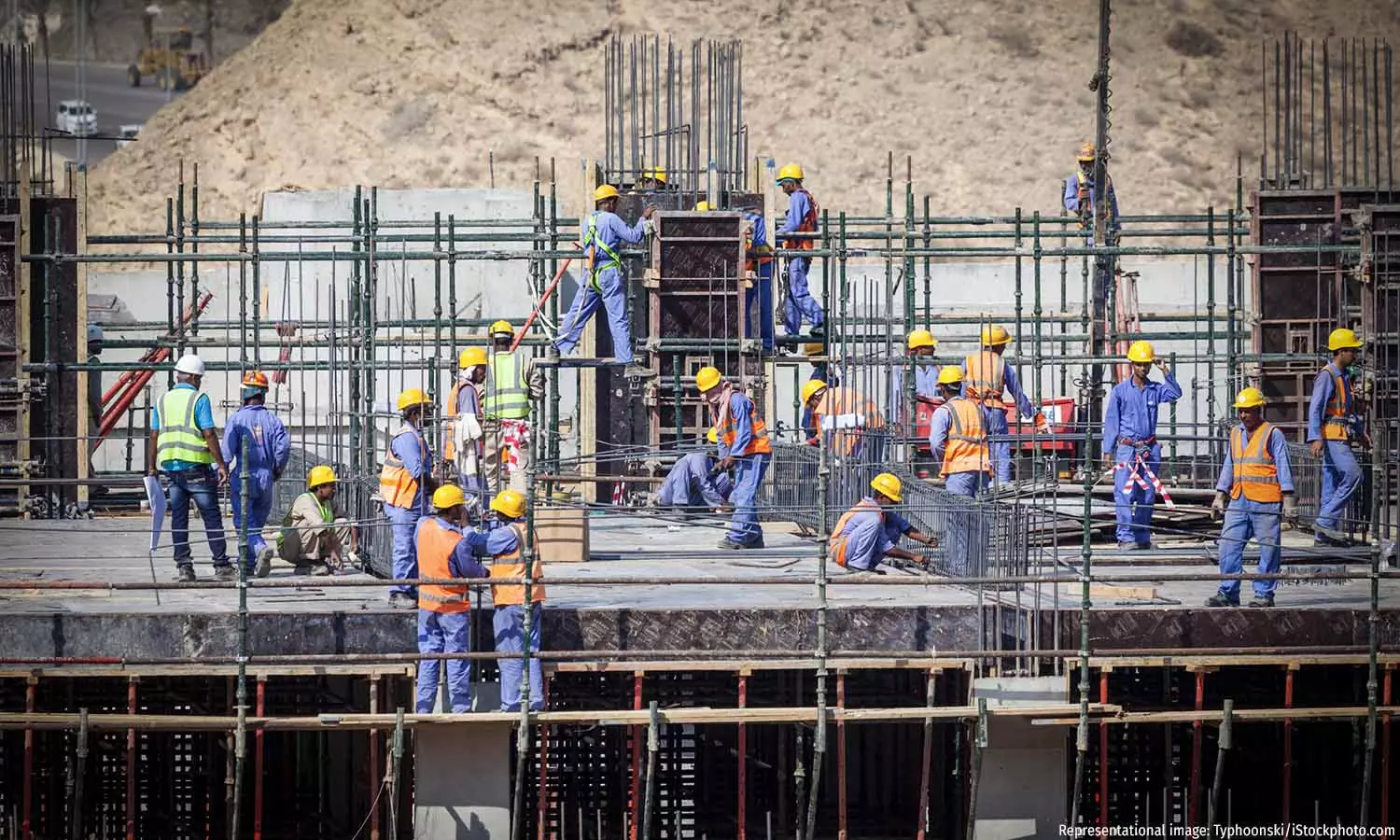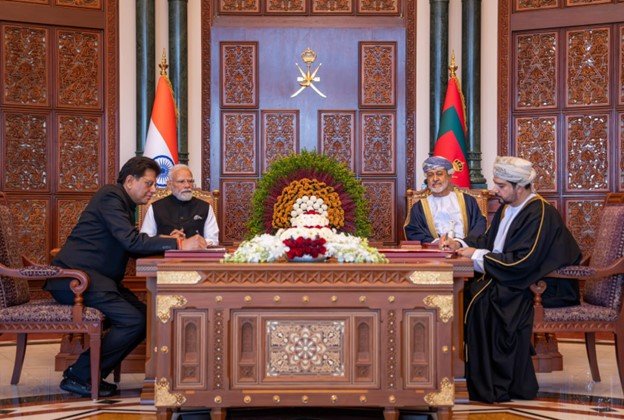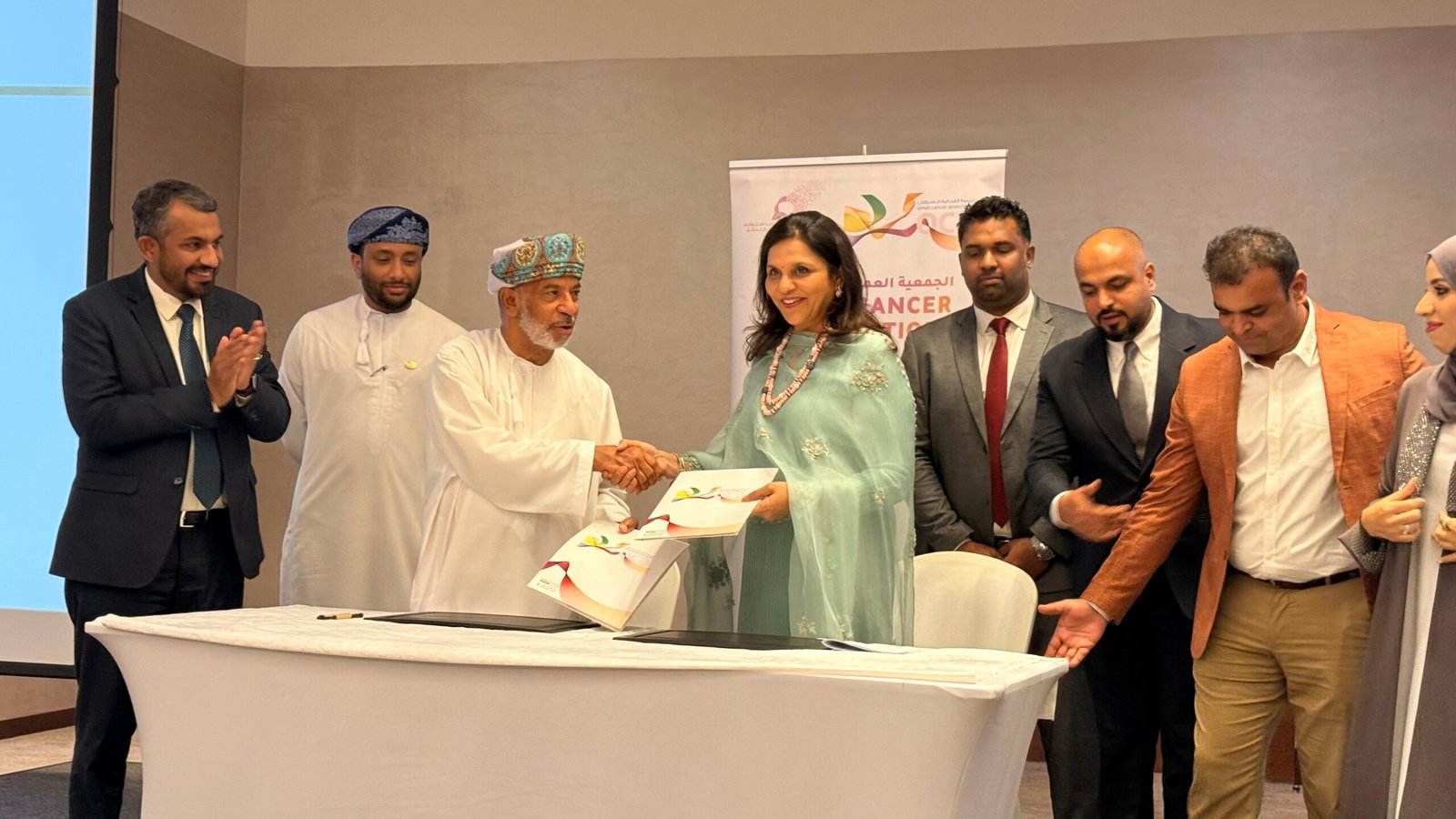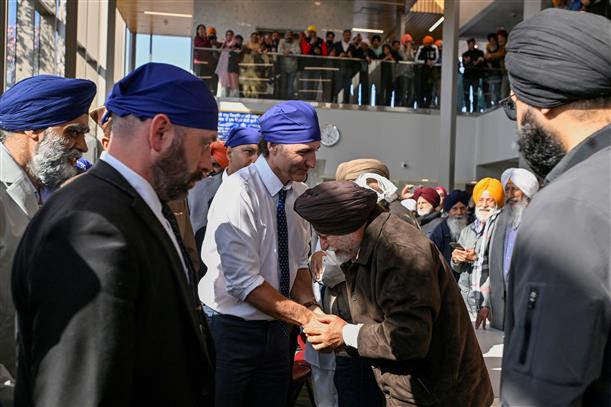A major source of concern among Gulf’s Indian workers is the prevalence of abusive and fraudulent recruitment practices
-
The cost of labor migration from India to Gulf Cooperation Council (GCC) countries
Indian migrant workers in the Gulf region have been facing a distressing array of labor-related issues, with a staggering number of complaints reported to Indian embassies. Between 2019 and June 30, 2023, the embassies in Bahrain, Oman, Kuwait, United Arab Emirates, Qatar, and Saudi Arabia received a total of 48,095 labor complaints. These grievances overwhelmingly point to instances of forced labor, as defined by the International Labor Organization (ILO).
A major source of concern among Gulf’s Indian workers is the prevalence of abusive and fraudulent recruitment practices. The cost of labor migration from India to Gulf Cooperation Council (GCC) countries, including Oman, Saudi Arabia, United Arab Emirates, Kuwait, Qatar, and Bahrain, is exorbitant. Workers often find themselves trapped in an exploitative employer-employee labor contract system known as Kafala, which bears unsettling resemblances to modern-day slavery.
In addition to facing harsh working conditions and serious safety and health deficiencies, particularly in sectors like construction and domestic work, many migrant workers find themselves excluded or only partially included in labor laws. Although salaries are ensured through bank transfers, other essential rights such as freedom of movement, limiting work hours to eight per day, and access to healthcare are frequently compromised.
The plight of these workers is further exacerbated by limited access to justice, inefficient dispute resolution mechanisms, and the absence of compensation schemes. Moreover, in some Gulf countries, migrant workers have little or no freedom of association or collective bargaining rights.
The United Nations Department of Economics and Statistics reported that as of July 2023, there are approximately 281 million migrants worldwide, accounting for 3.6% of the global population. Within this global migration landscape, the Arab states have a significant share, with 12 Arab states hosting 24.1 million migrant workers in 2019, representing 14% of the world’s migrant workforce. Notably, the Gulf region has the highest proportion of migrant workers relative to the total workforce, standing at 41.4% in 2019, in stark contrast to the global average of 5%.
The widespread nature of these issues underscores the urgent need for India to take proactive measures to protect its migrant workers. By signing and adhering to international conventions, updating emigration laws, and revising agreements with destination countries, India can help ensure safe, orderly, and regular migration for its workers while benefiting both the destination countries and its own citizens
Despite being the largest source of migrant workers and remittances, India’s approach to migration is governed by a 40-year-old Emigration Act, leaving migrant workers vulnerable. While there were attempts to update the Act in 2019 and 2021, progress has been slow, and a comprehensive solution remains elusive.
Furthermore, India has shown limited commitment to signing and ratifying international conventions designed to safeguard the rights of migrant workers and their families. Notably, India has not signed or ratified the International Convention on the Protection of the Rights of All Migrant Workers and Members of Their Families (CMW), a significant international treaty. This convention guarantees a wide range of rights for migrant workers, including the right to life, work, education, healthcare, and freedom of association.
India has also refrained from signing or ratifying the ILO Convention 189, which extends essential rights to domestic workers, and ILO Convention 87, which protects the freedom of association and the right to organize for both employees and employers.
While India adopted the Global Compact for Migration in 2018, it did so with reservations, emphasizing its sovereign right to determine migrant status. This non-binding document encourages international cooperation on migration issues.
In 2016, the Ministry of Overseas Indian Affairs was merged with the Ministry of External Affairs, which, according to rights activists, has led to reduced attention to migrant labor concerns. The Ministry of External Affairs has responded to Right to Information queries, revealing a disturbing picture of labor and human rights violations faced by Indian migrant workers in the GCC countries.
Kuwait tops the list of countries with the highest number of complaints, followed by Saudi Arabia, Oman, the UAE, Bahrain, and Qatar. The complaints encompass issues such as non-payment of wages, unfair working conditions, harassment, salary problems, exit issues, renewal of work permits, repatriation, retention of passports, and violations of local labor laws.
The widespread nature of these issues underscores the urgent need for India to take proactive measures to protect its migrant workers. By signing and adhering to international conventions, updating emigration laws, and revising agreements with destination countries, India can help ensure safe, orderly, and regular migration for its workers while benefiting both the destination countries and its own citizens.
**************************************************
Readers
These are extraordinary times. All of us have to rely on high-impact, trustworthy journalism. And this is especially true of the Indian Diaspora. Members of the Indian community overseas cannot be fed with inaccurate news.
Pravasi Samwad is a venture that has no shareholders. It is the result of an impassioned initiative of a handful of Indian journalists spread around the world. We have taken the small step forward with the pledge to provide news with accuracy, free from political and commercial influence. Our aim is to keep you, our readers, informed about developments at ‘home’ and across the world that affect you.
Please help us to keep our journalism independent and free.
In these difficult times, to run a news website requires finances. While every contribution, big or small, will makes a difference, we request our readers to put us in touch with advertisers worldwide. It will be a great help.
For more information: pravasisamwad00@gmail.com








